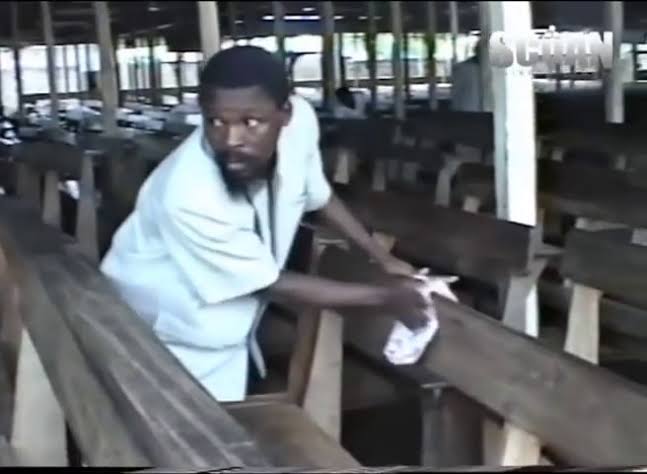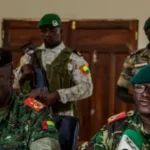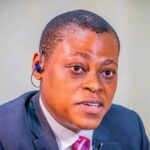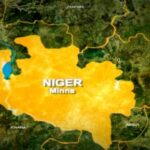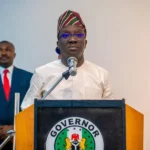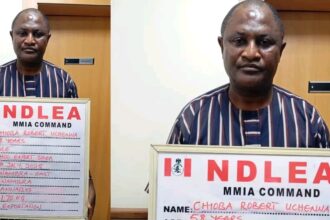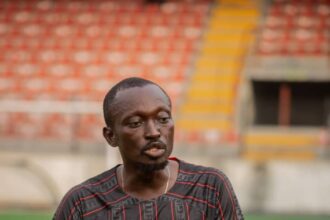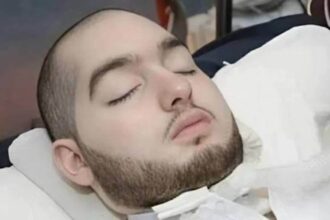Few individuals in Nigeria’s religious history are as controversial as Temitope Balogun Joshua, more commonly known as Prophet T.B. Joshua. He was, to millions, a powerful man of God characterized by miracles that brought global attention to Lagos, a figure whose prayers healed the sick and lifted the impoverished through the Synagogue Church of All Nations, SCOAN.
For others, however, he was a troubling enigma: a secretly accused preacher shrouded in suspicion, and a tangled web of manipulation, mystery, and unanswered questions that would haunt long after his death.
Nigeria remains divided in the nearly four years since his death in June of 2021. T.B. Joshua’s legacy is contested; was he a true prophet, or a master illusionist who’s empire was founded on deception? The enduring conflict between the respect and doubt continues to dictate the narrative of his life’s story.
This article explores the life and ministry of T.B. Joshua while highlighting the controversies and unresolved debates about him including the Nigerian socio-political context. It is the tale of power, and faith, as well as Nigerian controversy.
Rise of a Street Prophet
Joshua’s life began in 1963, in the town of Arigidi-Akoko. T.B. Joshua’s early life was tough. He was described as poor and the son of a woman who wished that he would become a priest. He attempted to join the Nigerian military but was unsuccessful. He claimed that he had some form of a revelation that told him to become a minister.
Unlike the Pentecostal elites that emerged in the 1980’s, or even the Nigerian church educated clergy, Joshua had minimal to no formal training. As the economic situation and social unrest of the country worsened, there grew a need for hope. This hope was found in Joshua’s early gatherings which took place in Lagos and were humble in nature.
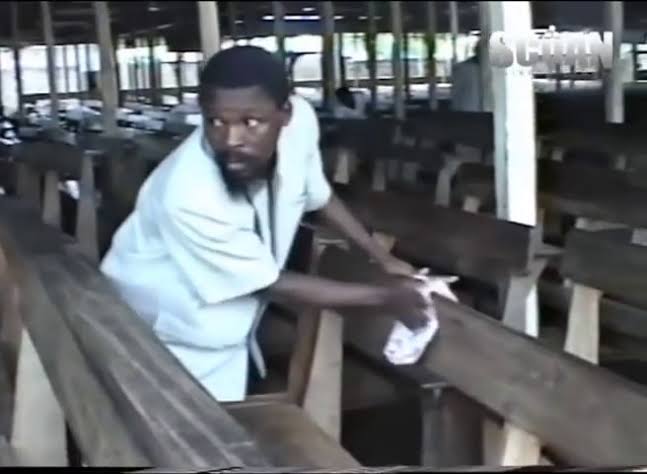
By the mid 1990’s he had formed the Synagogue Church of All Nations which had turned into a movement that combined Pentecostal form of spirituality with African prophetic traditions. The movement was characterized by services that emphasized healing and prophetic deliverance accompanied by bold proclamations.
Unlike Adeboye or David Oyedepo, who built vast middle-class congregations, Joshua’s early following came from the neglected and the socio-economically lower strata of society. He did not gain reputation through well-crafted sermons; rather, he achieved it through reported healings and dramatic deliverances, which infused his church with an image of raw, untamed spiritual energy.
The Miracles and the Media
Joshua’s rise coincided with Nigeria’s satellite television boom. SCOAN launched Emmanuel TV, which beamed his healing services and prophecies across Africa and into Europe. Unlike many churches that recorded edited sermons, Emmanuel TV broadcast live healings: the blind reportedly seeing, the lame walking, HIV/AIDS patients declared free of disease.
This visual style distinguished Joshua from his peers. In Ghana, Malawi, South Africa, and Greece, his broadcasts won him fervent disciples. Pilgrims traveled to Lagos from across the world, turning SCOAN into a spiritual tourism hub. Hotels and airlines benefited; local businesses thrived.
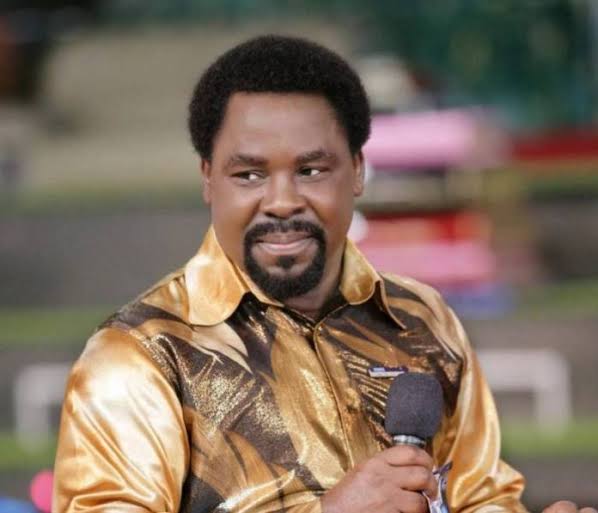
But the media spotlight also intensified scrutiny. Mainline Pentecostal leaders in Nigeria publicly distanced themselves from him. The Pentecostal Fellowship of Nigeria (PFN) and the Christian Association of Nigeria (CAN) once denied his membership, hinted at suspicions about his source of power. Some alleged he mixed Christianity with unorthodox spiritual practices. Joshua, unfazed, responded with humility in public but rarely sought reconciliation with Nigeria’s church establishment.
The Prophecies That Stirred a Nation
Prophecy was central to Joshua’s ministry. He claimed to predict events of global significance—from natural disasters to plane crashes and even the deaths of world leaders. His followers pointed to instances they believed validated his divine gift.
But critics argued his prophecies were vague or retrofitted after events occurred.
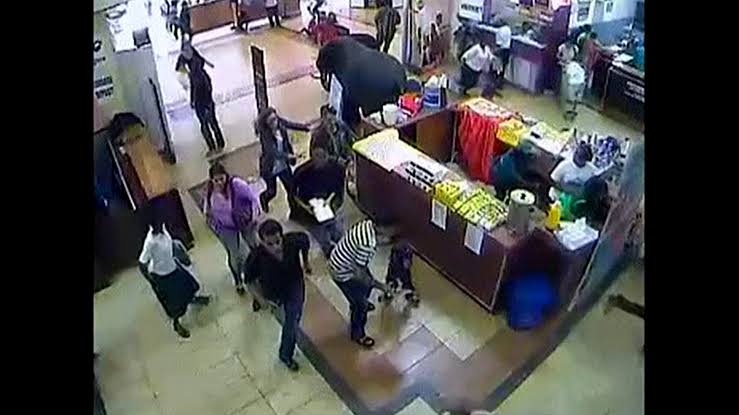
The controversy deepened in 2013 when Joshua reportedly predicted an attack on Kenya’s Westgate Mall, and later, the disappearance of Malaysia Airlines Flight MH370. While some believed he foresaw both, skeptics accused Emmanuel TV of manipulating footage.
In Nigeria, his political prophecies were even more sensitive. Before elections, he often released cryptic statements about victories and defeats.
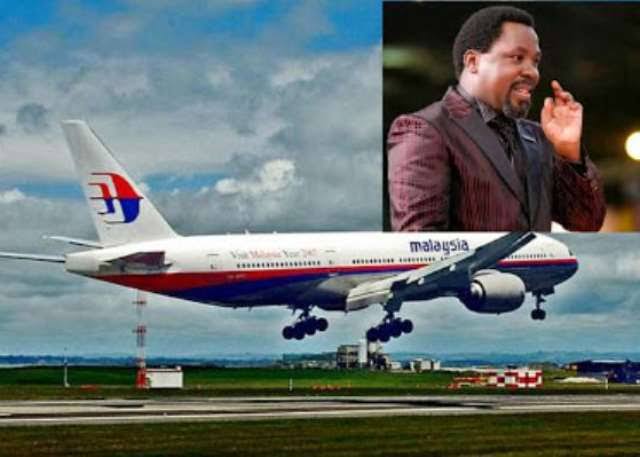
Politicians, athletes, and celebrities sought his counsel, blurring the line between faith and political influence. Yet unlike other Nigerian pastors who openly endorsed candidates, Joshua played his cards close, preferring to frame his prophecies in riddles.
The SCOAN Collapse Tragedy
Perhaps the darkest chapter in Joshua’s ministry came on September 12, 2014, when a guesthouse within the SCOAN premises in Lagos collapsed, killing more than 115 people—most of them South Africans who had traveled for his services.
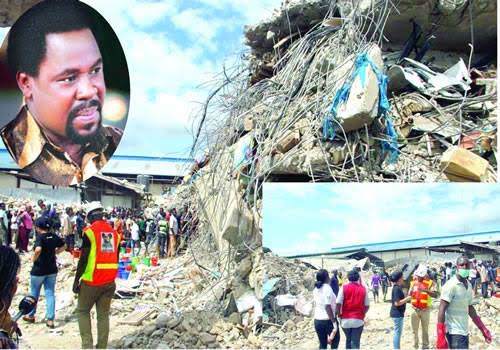
The tragedy sparked international outrage. Investigations by Nigerian authorities revealed the building lacked proper approvals and raised questions about structural integrity. Joshua and his church insisted the collapse was the result of sabotage, citing mysterious aircraft seen hovering over the building before it fell.
For years, the case dragged through courts, but Joshua himself was never convicted. The Lagos State coroner’s report blamed structural failure. Survivors and victims’ families demanded accountability, but SCOAN maintained its stance of spiritual warfare. The incident remains a scar on Nigeria’s religious landscape—a mix of grief, conspiracy, and unanswered legal questions.
Healing or Harm?
One of the enduring controversies about Joshua’s ministry was the authenticity of his healings. Thousands testified of miraculous cures—paralysis reversed, cancers dissolved, infertility overcome. But medical professionals frequently questioned the lack of verifiable evidence.
A particularly contentious issue was HIV/AIDS. Emmanuel TV aired testimonies of patients claiming to be healed, sometimes discarding medication as a public show of faith. Human rights groups in the UK and South Africa criticized this practice, warning it could cost lives. The UK’s Advertising Standards Authority banned claims from Joshua’s ministry about curing HIV.
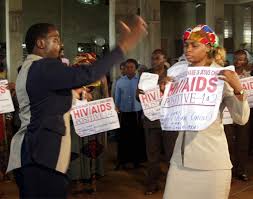
For his followers, these criticisms mattered little. The emotional and spiritual relief they experienced often outweighed clinical skepticism. But for public health advocates, the risks were undeniable.
A Global Prophet
Despite controversies at home, Joshua enjoyed extraordinary popularity abroad. In Latin America, his broadcasts attracted Spanish-speaking audiences. In South Africa, Zimbabwe, and Botswana, his crusades drew stadium crowds. SCOAN became a site of religious diplomacy, hosting dignitaries and presidents.
The church’s philanthropic arm also gave Joshua credibility. He provided scholarships, disaster relief, and aid to vulnerable communities. During the Ebola outbreak in 2014, he donated medical supplies to Sierra Leone. Such gestures reinforced his image as a compassionate leader.
Yet the paradox remained: how could a man shunned by Nigerian Pentecostal elites command reverence abroad? The answer lies partly in Nigeria’s own religious rivalries, where competition among megachurches often blurred lines between theology and institutional politics.
The Silent Rift with Nigeria’s Church Establishment
T.B. Joshua’s strained relationship with mainstream Pentecostal leaders was never resolved. While Adeboye, Oyedepo, and Kumuyi were celebrated as fathers of Nigeria’s Pentecostal revival, Joshua remained an outsider. Some considered him a threat to orthodoxy, others accused him of theatrical gimmicks.
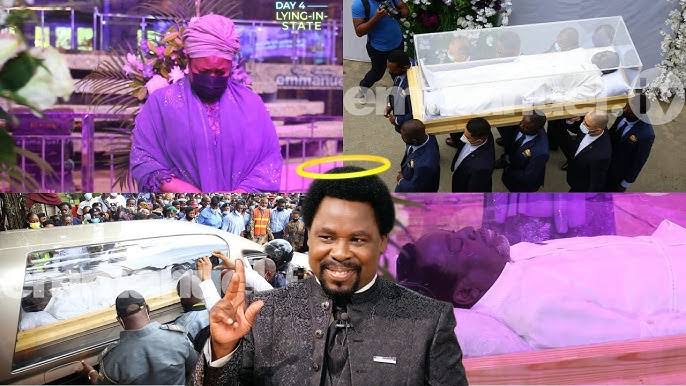
Even in death, the silence was telling. When he passed away in June 2021, aged 57, tributes poured in from presidents, international ministries, and millions of followers. But many Nigerian church leaders issued muted or delayed condolences. It reflected the unresolved tensions his life had provoked—a discomfort with his methods, even as they could not deny his impact.
The Succession Struggle
Joshua’s death revealed another controversy: succession. Unlike some ministries that prepare clear structures, SCOAN had been built almost entirely around his persona. His widow, Evelyn Joshua, eventually emerged as leader after a period of infighting. Some disciples, known as the “Wisemen,” broke away, while others contested her authority.
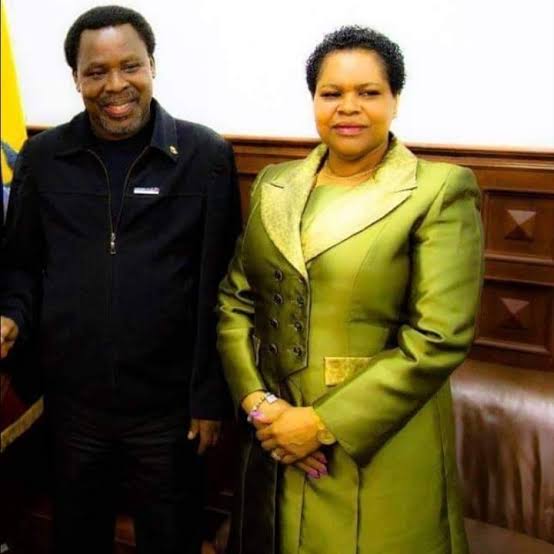
This struggle mirrored a broader issue in Nigerian Pentecostalism—founder-driven churches often lack institutional frameworks for continuity. SCOAN’s decline in visibility since Joshua’s death raises questions about sustainability beyond charismatic leadership.
The Unanswered Questions
Even now, Nigeria has not fully resolved the controversies surrounding T.B. Joshua:
Theological authenticity: Was his ministry rooted in orthodox Christianity or something else?
Healing claims: Were they genuine miracles, psychosomatic relief, or manipulation?
2014 collapse accountability: Why was justice elusive for victims’ families?
Relationship with elites: Did jealousy, doctrinal differences, or spiritual suspicion fuel the rejection by other pastors?
Legacy: Should he be remembered as a prophet of hope or as a man who blurred the lines between faith and exploitation?
These questions linger in Nigeria’s collective memory, shaping how history will judge him.
Conclusion: The Prophet Nigeria Never Agreed Upon
Prophet T.B. Joshua’s story is emblematic of Nigeria’s religious paradox—where faith, power, and controversy intersect in ways that defy neat resolution. He embodied the hopes of millions who found healing and meaning at SCOAN, yet he also embodied the unease of a society unsure how to evaluate charismatic figures who wield spiritual authority without institutional accountability.
His death in 2021 closed one chapter but did not settle the debate. For some, he remains a saintly figure unjustly maligned by rivals. For others, he symbolizes the dangers of unregulated spiritual power. Between these extremes lies the truth—a complex, contested legacy that Nigeria may never fully reconcile.
In the end, the Prophet T.B. Joshua controversy is less about one man and more about the country that produced him: a Nigeria where faith thrives amid uncertainty, where miracles coexist with tragedy, and where the line between the sacred and the sensational remains forever blurred.

